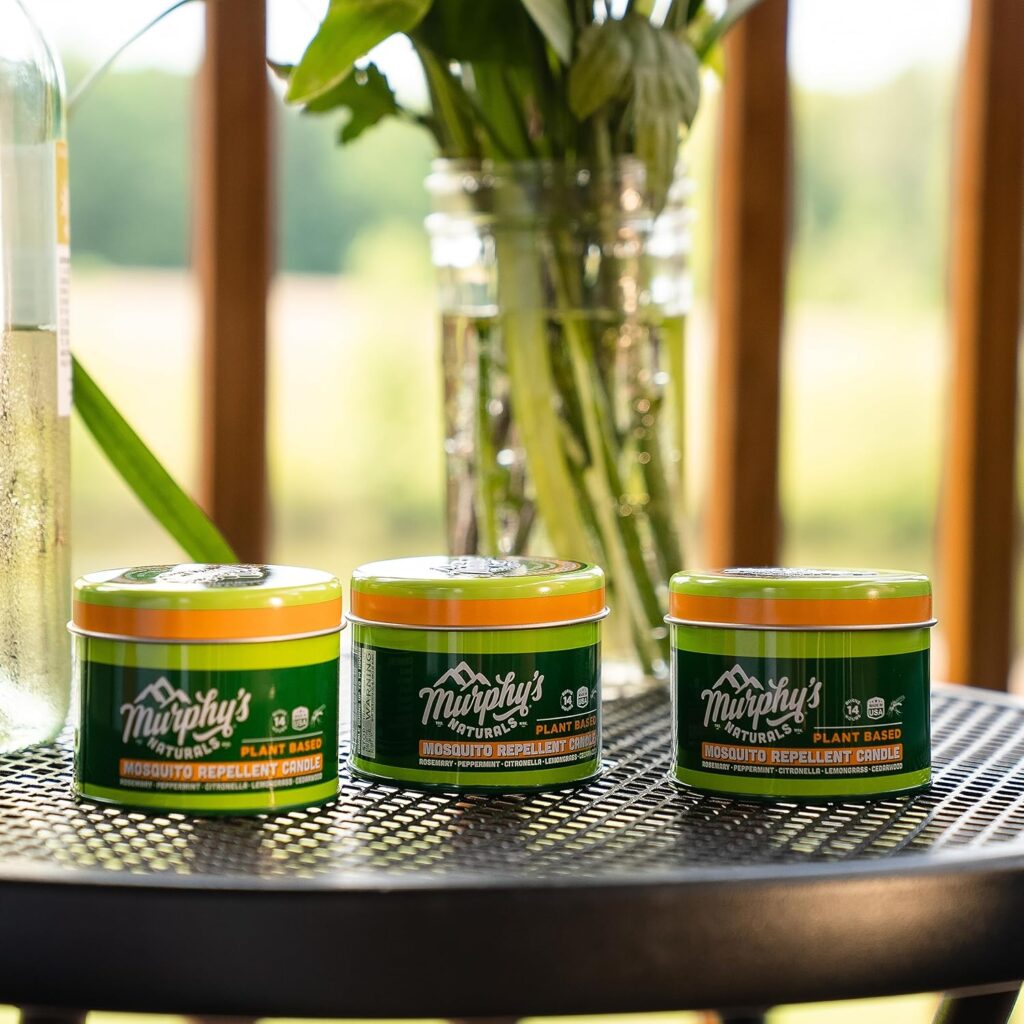When you see snails in your garden, you might wonder, “What do snails eat?” Snails can be both fascinating creatures and troublesome pests. In this article, we will explore the various foods that snails consume in the wild and in gardens. We’ll also provide practical tips on how to control snail populations to minimize damage to your plants.
What Do Snails Eat?
Snails are not picky eaters. They have a diverse diet that varies depending on their environment. Here’s a closer look at what snails typically consume:
- Plants and vegetation: Snails are herbivores, meaning their diet consists mostly of plants. They are particularly fond of leafy greens, tender stems, and soft fruits. In gardens, they often target lettuce, cabbage, and strawberries, among other plants.
- Fungi and algae: In the wild, snails often feed on fungi and algae. These food sources are abundant in damp environments, such as forests and wetlands. Algae found on rocks or in ponds are a common part of their diet.
- Decaying organic matter: Snails also play a role in the ecosystem by consuming decaying organic matter. They feed on dead leaves, plant debris, and other organic material, helping to break it down and recycle nutrients back into the soil.
- Soil and minerals: To maintain their shells, snails require calcium. They often consume small amounts of soil or rocks to get the minerals they need for shell development.
Snail Diet in Gardens: What to Watch For
In your garden, snails can be both beneficial and destructive. Here’s how their diet impacts your plants:
- Leafy greens: Snails are particularly attracted to soft, leafy vegetables like lettuce and spinach. They leave behind large holes in the leaves, which can stunt plant growth or ruin crops.
- Fruits and flowers: Snails also target fruits and flowers, especially when they are close to the ground. Strawberries, tomatoes, and young flowers are often on their menu. They can ruin entire crops by eating the fruit before it fully ripens.
- Seedlings: Young plants are especially vulnerable to snails. They can eat seedlings down to the stem, preventing them from growing into mature plants. This can be particularly frustrating for gardeners who have just planted new seeds.
- Herbs and aromatic plants: While snails generally avoid strong-smelling plants, they may still feed on certain herbs, especially if other food sources are scarce. Basil, mint, and parsley can sometimes fall victim to snail attacks.
Tips for Managing Snail Populations
If snails are damaging your garden, there are several strategies you can use to manage their population. Here are some practical tips:
- Remove attractants: Snails are attracted to moist, shaded areas. Reduce hiding spots by clearing away leaf litter, rocks, and garden debris. Water your garden in the morning so that the soil is dry by evening when snails are most active.
- Create barriers: Physical barriers can prevent snails from reaching your plants.
- Handpick snails: Although it’s time-consuming, handpicking snails can be effective. Go out early in the morning or after a rain when snails are most active.
- Attract natural predators: Encourage natural predators like birds, frogs, and beetles to visit your garden. These animals can help keep the snail population in check. You can attract them by creating habitats such as birdhouses or ponds.
When to Consider Professional Help
While the above strategies can be effective, sometimes snails can become a persistent problem that requires additional help. Here’s when you might consider contacting professional pest control:
- Severe infestations: If your garden is overrun with snails despite your efforts, professional intervention may be needed. Snail exterminators can assess the situation and provide targeted solutions.
- Large gardens or yards: In larger spaces, managing snails can be overwhelming. Professionals have the tools and expertise to handle extensive infestations effectively.
- Protecting valuable plants: If you have valuable or rare plants that are being damaged, it’s worth getting expert help to protect them from snails.
Take Control of Your Garden Today
Snails can be a real pest in gardens, but with the right knowledge and tools, you can manage their population and protect your plants. Reach out today to learn more about how we can help you control snails and keep your garden thriving. Whether you need advice on preventive measures or professional snail extermination services, we are here to assist.








